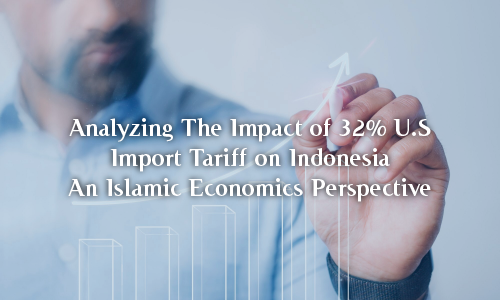
Summary: This paper explores how Quranic ethics can guide the development of ethical AI systems, ensuring fairness, accountability, and human dignity. AI has revolutionized industries like healthcare, education, and governance, but ethical challenges such as bias, transparency, and automation risks persist. While secular frameworks provide ethical foundations, Quranic principles—justice (‘adl), accountability (hisab), and compassion (rahmah)—offer a holistic approach to responsible AI. These principles, along with Maqasid Al-Shari’ah (objectives of Islamic law), ensure AI serves humanity by preserving life, intellect, dignity, and wealth. To operationalize Quranic ethics in AI, key strategies include ethical design frameworks, transparent AI governance, inclusive development, and continuous monitoring. By integrating these values, AI can align with moral imperatives, fostering a just, transparent, and ethical digital future that prioritizes human well-being.
Introduction Artificial Intelligence
Artificial Intelligence (AI) has become an integral part of modern life, transforming industries such as healthcare, education, and governance. AI-powered systems are used for diagnosing diseases, automating administrative tasks, personalizing learning experiences, and streamlining public services. In healthcare, AI-driven diagnostic tools improve early disease detection and enhance treatment plans, while robotic surgeries and AI-assisted drug discoveries push the boundaries of medical science. In education, AI-based adaptive learning platforms personalize teaching, providing tailored instruction to students based on their strengths and weaknesses. Meanwhile, AI in governance aids in decision-making, enhances service delivery, and optimizes resource allocation, ultimately improving efficiency in public administration.
However, the rapid development of AI also raises significant ethical challenges. Algorithmic biases can lead to unfair treatment of certain groups, as seen in hiring processes where AI may inadvertently favor one demographic over another. The issue of accountability is another pressing concern, as AI decision-making often lacks transparency, making it difficult to assign responsibility when errors occur. Additionally, the increasing reliance on automation poses risks to human dignity, as AI systems replace human roles in decision-making, potentially diminishing the value of human judgment and empathy. The deployment of AI…

















